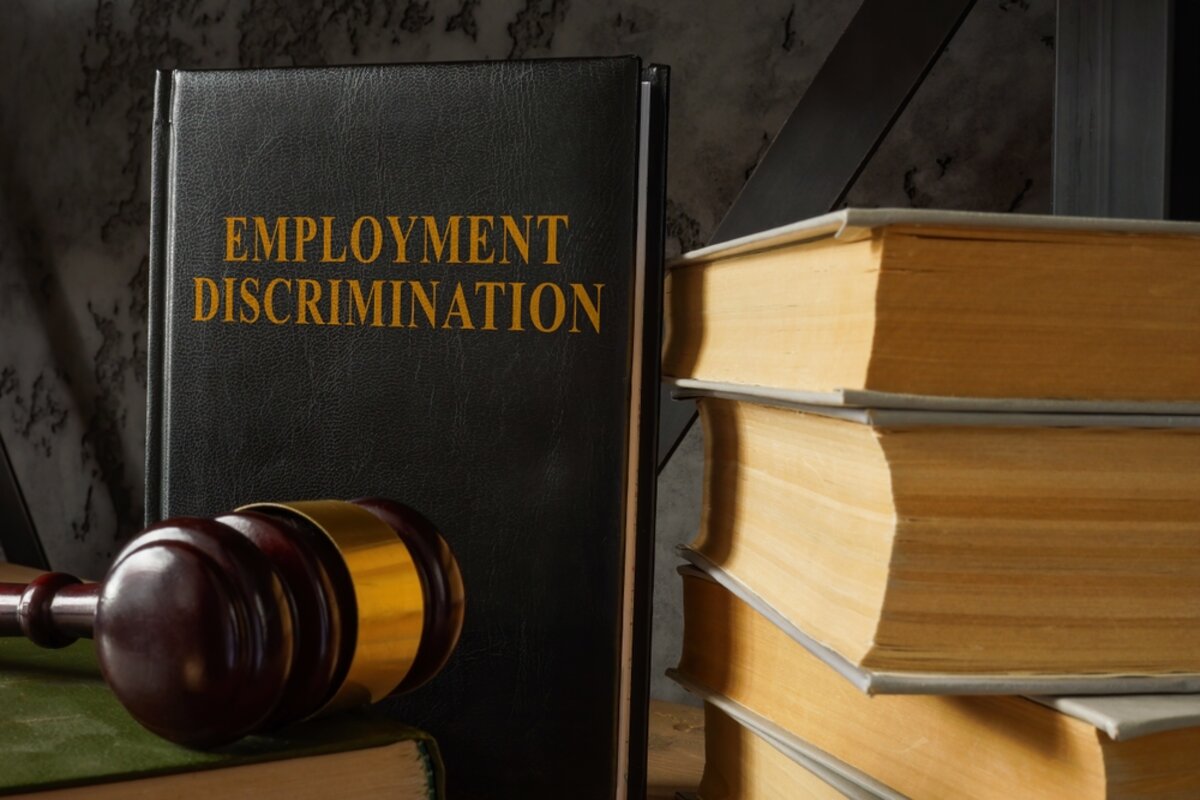The Minnesota Human Rights Act (Minn. Stat. 363A.01, et seq.) protects employees from discrimination in the workplace. Employers cannot treat their employees differently based on their race, religion, gender, age, disability, etc. What’s more is that Minnesota is among a minority of states which also protects employees from discrimination because of “familial status.” Minn. Stat. § 363A.08, subd. 2.
This means that Minnesota companies cannot discriminate against employees who are also parents or guardians simply because they have children. Minn. Stat. 363A.03. This law also protects anyone who is pregnant or in the process of securing custody of a minor (e.g., adoption).
What Is Familial Status Discrimination?
Unfortunately, many workplaces continue to devalue employees with children because of stereotypes about the ability of working parents to meet the demands of their career. Familial status discrimination can take many different forms, including:
- Passing over high performing workers for promotion because they have young children (this is often used against professional women who also have caregiving responsibilities)
- Refusing to invite employees with children to networking events, professional development opportunities, and other company events
- Paying employees with children less than other employees for the same work
- Terminating a parent/guardian because of their caregiving responsibilities
Often, this type of discrimination impacts women more than men. For example, in Pullar v. Indep. Sch. Dist. No. 701, Hibbing, a Minnesota woman, Irene Pullar, applied for a teaching and coaching job. 582 N.W.2d 273 (Minn. Ct. App. 1998). The school district refused to hire her because she had young children. The school’s principal told her that her young children’s needs “were incompatible with the responsibilities associated with coaching after school hours.” The school district then “hired another woman who had less teaching and coaching experience than Pullar but did not have young children.”
What Does This Mean Today?
The Minnesota Court of Appeals held that such conduct is discriminatory and unlawful, writing: “the [Minnesota Human Rights Act] must be construed to prohibit employment practices that discriminate against women on the basis of familial status when the discrimination results in unequal treatment of the sexes.” The Court went on to add that Minnesota’s anti-discrimination laws are designed to “foster the employment of all individuals in this state in accordance with their fullest capacities and to safeguard their right to obtain and hold employment without discrimination.” Simply put, employers cannot treat you worse or differently because you have children.
While Minnesota laws at the time of this decision required Minnesota workers to show that the family status discrimination was tied to another identity trait (like gender), the law was changed in 2014 to explicitly prohibit any discrimination by employers against employees because of their family status (i.e., because they have children). Now, the law protects all parents and guardians – regardless of gender identity or other characteristics – from employment discrimination.
What Should You Do if You Are Discriminated Against Because of Your Family Status?

Sadly, even with changes in the law, many employees still face family status discrimination. Navigating discrimination in the workplace can be extremely complex and having a knowledgeable, experienced advocate in your corner is necessary. MSB Employment Justice is proud to advocate for the rights of all employees, regardless of religion, age, gender, race or ethnicity, who experience discrimination, retaliation, or wrongful termination.
If you or someone you know is being discriminated against at work because of family status or for any other reason, we’d love to hear from you and learn how we can help you seek the justice you deserve. Contact MSB Employment Justice today to speak with our legal team.



